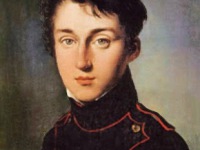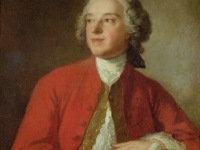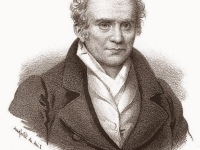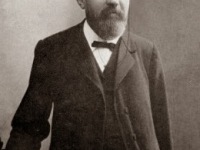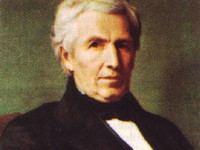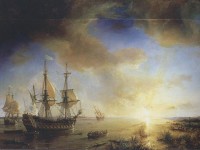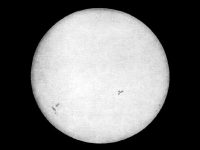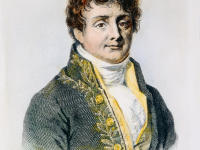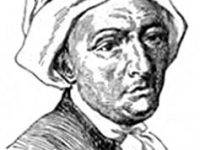Nicolas Sadi Carnot and the Science of Thermodynamics
On June 1, 1796, French military engineer and physicist Nicolas Léonard Sadi Carnot was born. He is often described as the “father of thermodynamics“. In particular, Carnot gave the first successful theory of the maximum efficiency of heat engines. Carnot’s work attracted little attention during his lifetime, but it was later used by Rudolf Clausius and Lord Kelvin to formalize the second law of thermodynamics and define the concept of entropy. Carnot Background Sadi…
Read more

